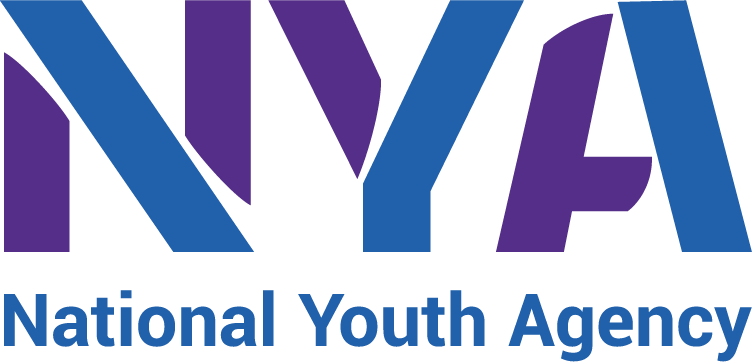As the Professional, Statutory and Regulatory Body for youth work in England, the NYA is responsible for the quality assurance and compliance of all Joint Negotiating Committee JNC recognised qualifications at Levels 2, 3, 6 and 7

Quality assurance and validation
The Education and Training Standards (ETS) committee is a subcommittee of the NYA, responsible for setting the assessment standards and required content for Youth Support Worker qualifications at Levels 2 and 3 (working with ETS Wales). It also validates all university degree courses and works with partner jurisdictions to ensure consistent standards for qualifications.
We validate professional training programmes in England only. Programmes validated in Wales, Northern Ireland and Scotland have mutual recognition arrangements in place so if your programme is recognised as professional status in one UK nation it will be recognised in all through processes agreed by the Joint Education Training Standards Committee.
See a list of colleges and universities that offer a professional qualification in youth work here.
Across the UK countries
For information on youth work and youth work training in Scotland, Wales and Northern Ireland contact:
Annual Monitoring Report
The ETS produces an annual monitoring report on validated training programmes for professional youth workers to map any learner trends.

National Occupational Standards for Youth Work
The ETS also reviews the National Occupational Standards for Youth Work, specifically within the context of English youth work policy, training and professional standards, and practice.
About the ETS committee
The ETS is chaired by NYA Trustee Breda Layne and supported by NYA Education Training and Standards Officer, Alia Pike.
The ETS has three membership categories:
- Representative Members are from organisations within the Youth Work sector who have an interest in the training and education of Youth Workers. Our current Representative Members are – Awarding Bodies Forum; ESB for Community Development; Institute for Youth Work; JNC Employers side; JNC Staff side; Regional Youth Work Units; Professional Association of Lecturers in Youth and Community Work; UK Youth; Unison; Unite.
- Wider Field Members are individuals from across the Youth Work sector who bring specialist knowledge and experience to the ETS Committee. We currently have wider field work members with specialisms in Christian Youth Work; Rural Youth Work; Community Praxis; Residential Work.
- Co-opted Members are those individuals who bring specific experience or knowledge and can make an additional positive contribution to the role of ETS for a time limited period.
If you have any questions about the ETS or would like to become a member please contact aliap@nya.org.uk
About the JNC
The Joint Negotiating Committee (JNC) for youth and community workers is the body that sets the national framework used to grade and pay youth work jobs. The National Youth Agency is not part of the JNC and therefore does not have any influence on grade and pay for youth work jobs.
The JNC also negotiates pay and agrees terms and conditions of service. It consists of an employers’ side and staff side and ensures that all views within the youth and community field are represented. The JNC Secretariat of the Staff Side is Unite and for the Employers’ Side it is the Local Government Association (details below).
There are two grades within the JNC framework:
- Youth Support Worker
- Professional Youth Worker
The JNC recognises youth and community workers’ qualifications which have been professionally approved by the Education Training Standards (ETS) Committee of the National Youth Agency. We endorse Youth Support Worker qualifications at Level 2 and Level 3, and Professional Youth Worker at Level 6 and Level 7.
Gaining a qualification that is endorsed by the National Youth Agency and recognised by the JNC ensures it is quality checked and fit for purpose. It helps develop youth work practitioners that can meet the needs of young people and employers in the youth work field.
Many people work with young people without JNC recognised qualifications, often with related qualifications or extensive experience of working with young people. This work is very valuable and contributes positively to the lives of young people. However, gaining qualifications specifically in youth work enables a worker to explore the theory behind youth work, the ethos, principles and follow evidenced best practice.





